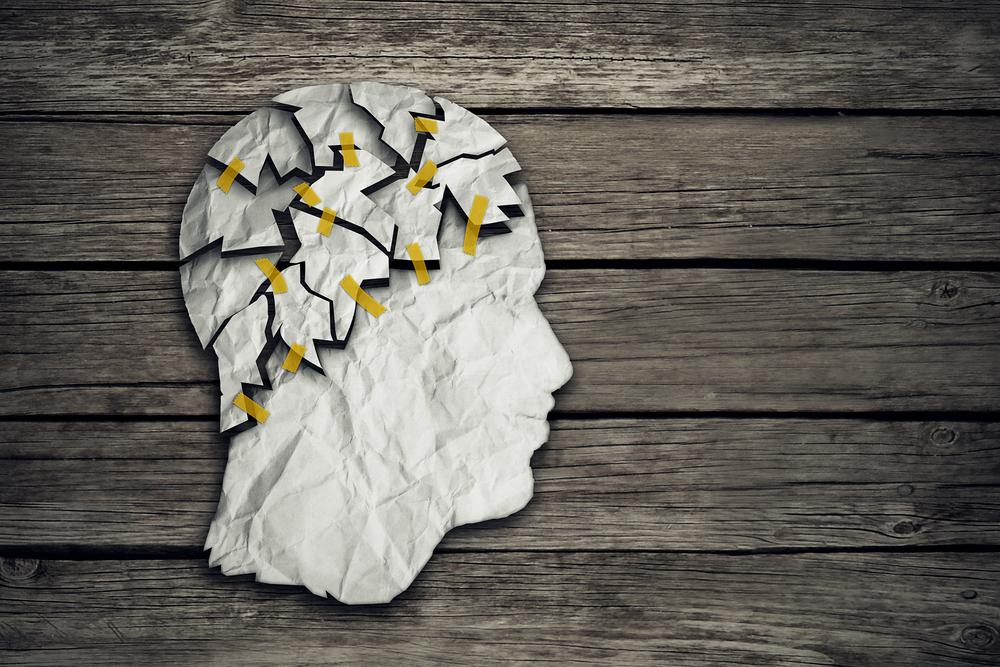
Effects of Huntington’s disease
Huntington’s chorea is an inherited condition that results in the progressive degeneration of the brain cells, which affects mobility and thinking and exhibits psychiatric symptoms. Usually, the symptoms are seen in an individual between the age of 30 and 40 years, but they can be seen later or earlier as well. When the symptoms manifest before the age of twenty, it is called juvenile Huntington’s disease. An earlier emergence has faster progression and showcases different symptoms. There are medicines that keep a check on the symptoms related to the disorder, but the cognitive, physical, and mental degradation has no medicine as of now.
Movement disorders
Huntington’s Chorea affects both voluntary and involuntary movements, but impairment of voluntary movement will have more effect as it can interfere with the day-to-day life. Some of them are as follows:
- Jerking or writhing involuntarily
- Eye movements becoming slow and abnormal
- Muscles behaving improperly by being rigid
- Being unable to balance the body and having an abnormal gait and posture
- Difficulty in speaking and swallowing food
Cognitive disorders
Cognitive disorders associated with Huntington’s chorea are as follows:
- Difficulty in planning and organizing things
- Lack of clarity and often getting stuck with one thought
- Lack of impulse leading to sudden emotional outburst and sexual promiscuity
- Slow in finding the right word while carrying out conversations
- Difficulty in learning new things
Psychiatric disorders
Depression is the most common disorder that is associated with psychiatric disorders. Depression is not the result of getting diagnosed with this disease, but it is related to the degradation of the brain cells, which leads to injury to the brain and changes in the brain functioning. Some other symptoms are as mentioned:
- Fatigue and faster loss of energy.
- Sadness, apathy, and irritability throughout the day.
- Withdrawal from social life.
- Suicidal thoughts and necrophilia.
- Insomnia.
- Obsessive Compulsive Disorder (OCD), which is marked by intrusive and recurrent thoughts with repetitive behavior.
- Mania, which causes overactivity, very good mood, and high self-esteem, along with impulsive behavior.
- Bipolar disorder, showcasing mania and depression.
Huntington’s chorea is an autosomal dominant disorder, which means that an individual requires only one copy of the gene to develop this disorder. Every child in a family with Huntington’s disease has a fifty percent chance of getting the disease, and the life expectancy of individuals diagnosed with the symptoms of this disease is 10 years. People who have a medical history of the disease might worry about whether their kids will get the same disorder, and it is always better to get the gene tested. A genetic counselor can also be consulted to discuss the potential risks of a positive result. Parents can then take decisions like whether to undertake a prenatal test or opt for In Vitro Fertilization (IVF). IVF involves retrieving mature eggs from the ovaries and their fertilization with the father’s sperm in a laboratory. After fertilization, the egg with negative test results for Huntington’s chorea is implanted into the mother’s uterus.




